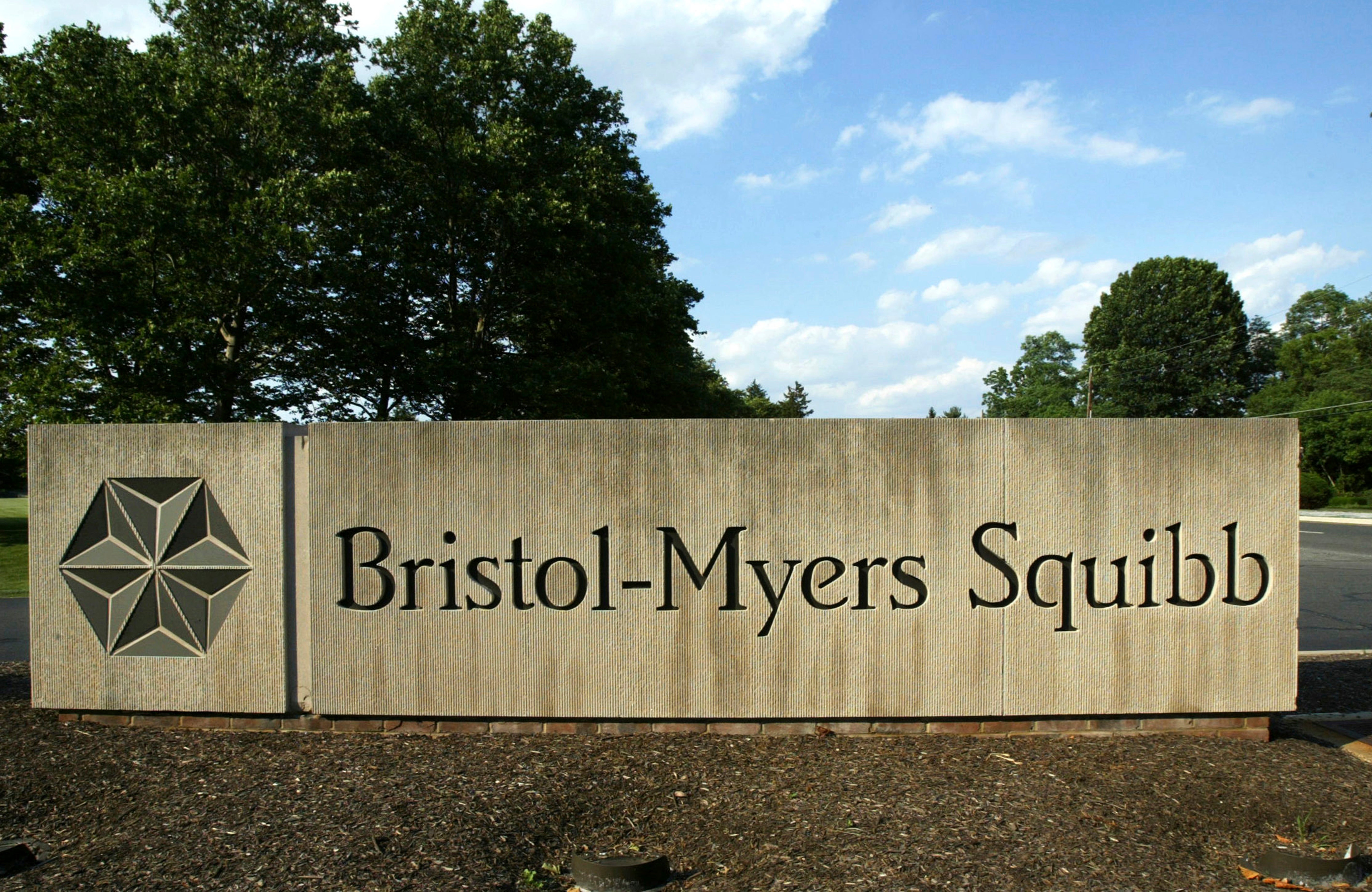Bristol Myers Squibb acquires Karuna Therapeutics for $14 billion, boosting neuroscience portfolio
Drugmaker Bristol Myers Squibb is acquiring Karuna Therapeutics, a biopharmaceutical company that has developed a new antipsychotic, in a $14 billion deal

Drugmaker Bristol Myers Squibb is acquiring Karuna Therapeutics, a biopharmaceutical company that has developed a new antipsychotic, in a $14 billion deal.
Bristol Myers Squibb and Karuna announced their merger agreement on Friday. The transaction, which amounts to $330 per share in cash, offers a premium of 53% over Karuna's stock on Thursday. The deal was unanimously approved by both companies' boards of directors.
Karuna's top asset is KarXT, an experimental antipsychotic with a promising novel mechanism. KarXT is currently being reviewed by the U.S. Food and Drug Administration for treatment of schizophrenia in adults. The drug is also undergoing trials related to Alzheimer’s disease psychosis.
"We expect KarXT to enhance our growth through the late 2020s and into the next decade,” Christopher Boerner, Bristol Myers Squibb CEO, said in a prepared statement, noting that the Karuna acquisition strengthens the company's neuroscience portfolio. Bristol's top seller is Eliquis, used to treat and prevent dangerous blood clots.
Bill Meury, president and CEO of Karuna, pointed to Bristol Myers Squibb's prominent position in the industry and stated that KarXT and other assets "will be well-positioned to reach those living with schizophrenia and Alzheimer’s disease psychosis” under the merger.
Analysts are also bullish on KarXT’s prospects. A Friday research note from Graig Suvannavejh, senior U.S. healthcare equity research analyst at Mizuho Securities, said peak year unadjusted sales could reach $6.8 billion if the drug gets on the market with multiple uses.
Shares of Bristol Myers Squibb were up about 2% in afternoon trading Friday. Year-to-date, the company's stock is down more than 27% — similar to trends seen across other large drugmakers in 2023.
The Karuna transaction is expected to close in the first half of 2024, the companies said Friday, subject to regulatory approvals and other closing conditions.
Beyond this Bristol Myers Sqibb-Karuna deal, a handful of other pharma players have also announced major acquisitions this year. In March, for example, Pfizer said it would be spending about $43 billion to buy Seagen and broaden its reach into cancer treatments. And last month, AbbVie said it would pay around $10 billion on ImmunoGen to also strengthen its cancer-fighting treatment portfolio.
In October, Bristol Myers Squibb also acquired Mirati Therapeutics for $4.8 billion in equity value.